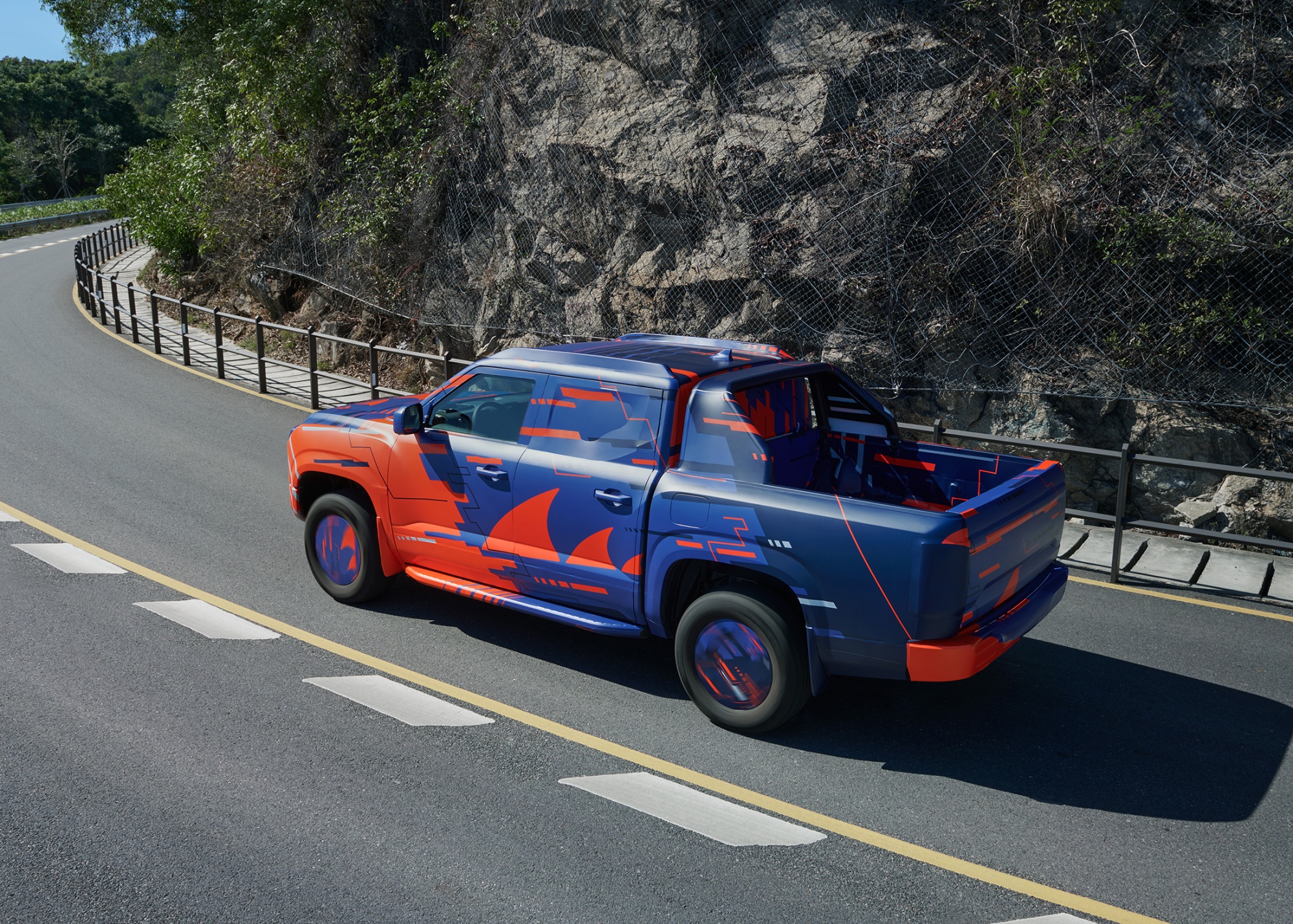
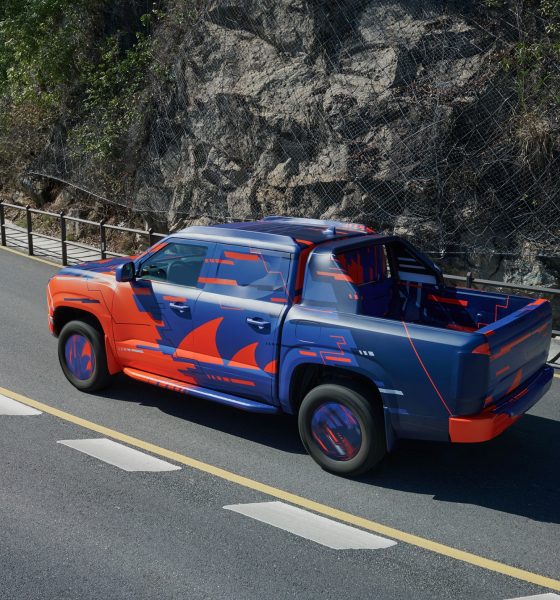
News
BYD Mexico Plant in limbo after Trump Win [Op-ED]
BYD’s plans for a car plant in Mexico may be in limbo after Donald Trump became the next President of the United States.
On Thursday, November 28, the President of Mexico, Claudia Sheinbaum, shared that BYD has not issued a “firm” project proposal to establish a car plant in the country, reported Bloomberg. Before Trump became the United States’ next President-elect, BYD appeared to be preparing to build an EV car plant in Mexico.
In February 2024, BYD reportedly started looking at sites in Mexico for overseas production. By May 2024, The Chinese automaker launched the BYD Shark NEV in Mexico, hoping to expand sales of the new energy vehicle in North America and Australia.
Two months ago, BYD requested an extension on electric vehicle (EV) tariffs from the Mexican government.
“The proposal to the Mexican government is to see the possibility of, through our investment in a new plant, having the conditions to extend the decree,” said BYD’s country head, Jorge Vallejo, at the time.
However, progress on a potential BYD car plant in Mexico seems to have come to a halt after Trump’s triumph in the 2024 US Presidential elections. The Chinese automaker is likely waiting to see if Trump will impose higher tariffs on imports from Mexico.
US President-elect Donald Trump has suggested he would impose 25% import duties on goods from Mexico if the country does not stop drugs and migrants from crossing the border into the United States. Trump proposed tariffs as high as 35% on imports from China.
The Mexican government has threatened to impose tariffs on US goods if Trump enforces 25% duties. Mexico’s President Sheinbaum talked with President-elect Trump and stated they had a “very kind” phone call. After their conversation, Sheinbaum stated “there will not be a potential tariff war.”
However, BYD is still in a precarious situation. Even if Trump does not impose 25% tariffs on goods from Mexico, he could decide to implement tariffs on goods from China, affecting BYD.
If you have any tips, contact me at maria@teslarati.com or via Twitter @Writer_01001101.
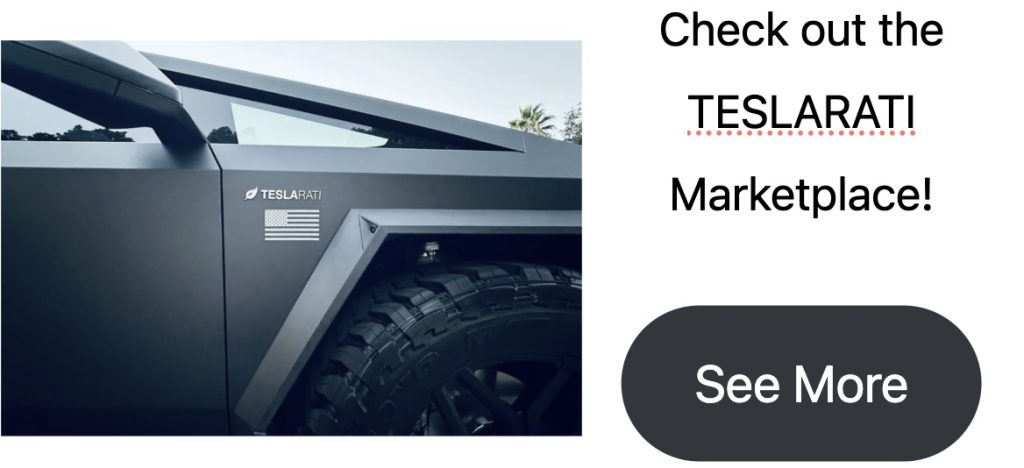
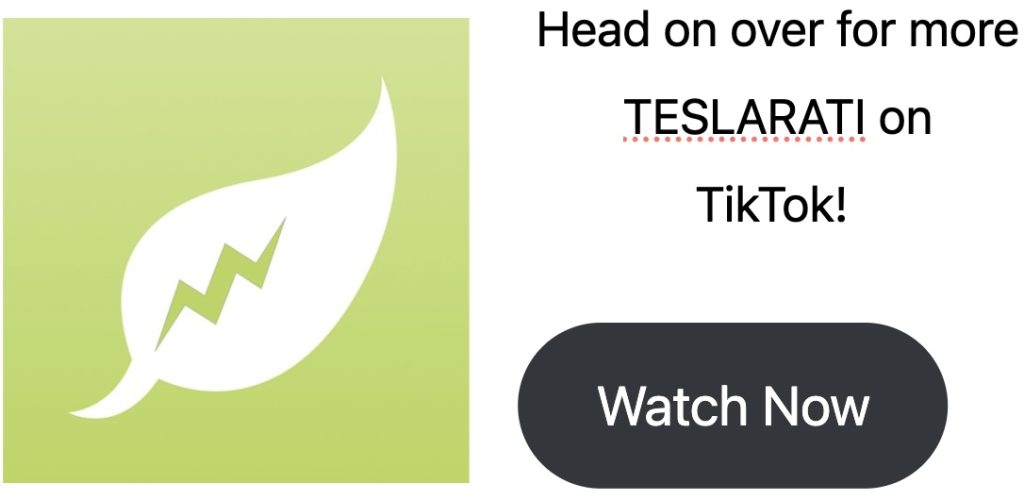

Elon Musk
Tesla Model Y tops California vehicle sales despite Elon Musk backlash
Data from the California New Car Dealers Association (CNCDA) showed the Model Y outsold its nearest competitor by more than 50,000 units.
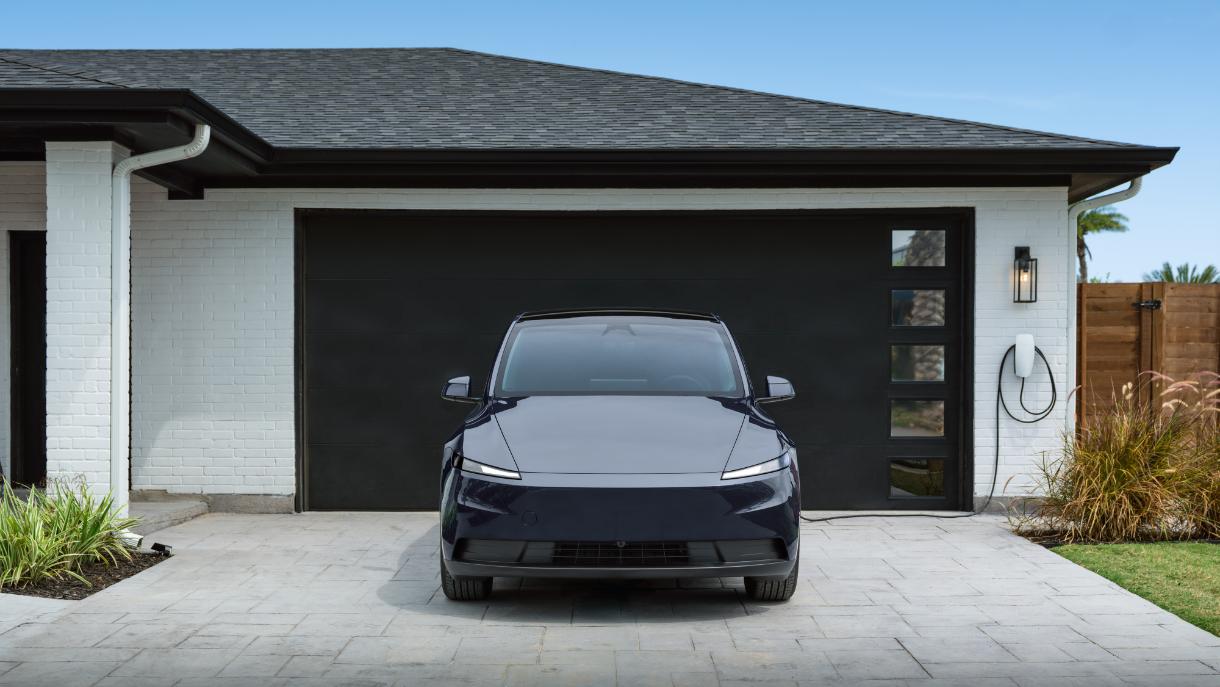
The Tesla Model Y was California’s best-selling new vehicle in 2025 for the fourth straight year, despite protests against CEO Elon Musk and a changeover to the Model Y’s updated variant that caused a pause in production and deliveries early in the year.
Data from the California New Car Dealers Association (CNCDA) showed the Model Y outsold its nearest competitor by more than 50,000 units, according to KRON4.
The Model Y recorded 110,120 registrations in California in 2025. The second-best-selling vehicle, the Toyota RAV4, posted 65,604 units, followed by the Toyota Camry at 62,324. The Tesla Model 3 ranked fourth with 53,989 sales, ahead of the Honda Civic at 53,085 units.
Despite leading the state, Model Y sales have trended downward year-over-year. Registrations fell from 132,636 in 2023 to 128,923 in 2024, and then to 110,120 in 2025. Overall Tesla sales in California also declined, dropping from 238,589 in 2023 to 202,865 in 2024 and 179,656 in 2025.
The slowdown comes as the federal $7,500 EV tax credit ended, removing a key incentive that had supported electric vehicle demand for years.
“Tesla has a few advantages. Tesla, as a brand, has a status, cache, so I think folks in certain parts of the Bay. Owning a Tesla is a thing. I think that’s breaking down over time, especially given the political controversies surrounding Mr. Musk,” CNCDA President Brian Maas said.
California saw multiple anti-Musk protests in 2025, along with notable reports of consumer-owned Teslas being vandalized and attacked by protesters and activists. The fact that the Model Y and Model 3 remained strong performers in California is then a testament to the quality and value of the two vehicles.
Tesla’s sales of the Model Y and Model 3 might see an increase this year, as the company has announced that it is sunsetting its two more expensive cars, the Model S and Model X. With the Model S and Model X retired, more consumers will likely go for the Model Y and Model 3.
“Maybe the Model S has outlived its usefulness in terms of attracting customers. It’s no surprise the ones they kept are the Model Y and Model 3,” Maas noted.
News
Tesla Supercharger left offline as Swedish court backs union strike
The completed Supercharger has been stalled for nearly two years amid Tesla’s conflict with the IF Metall union in Sweden.
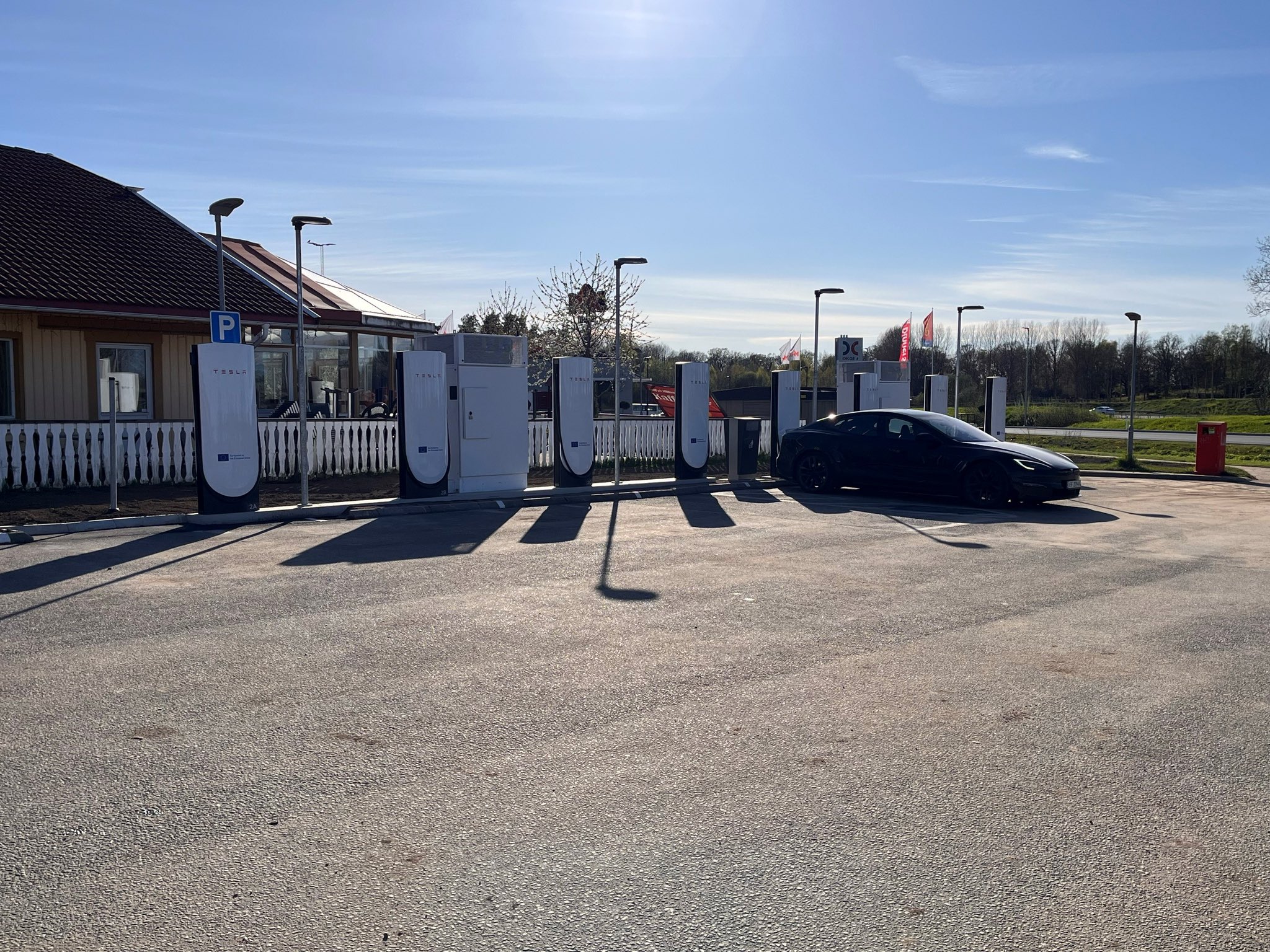
Tesla’s Supercharger station in Ljungby, Sweden will remain without power after a Swedish administrative court rejected the company’s appeal to force a grid connection to the site. The completed Supercharger has been stalled for nearly two years amid Tesla’s conflict with the IF Metall union in Sweden.
The court ruled that the ongoing union strike against Tesla Sweden is valid grounds for the Supercharger’s connection delay, as noted in an Allt Om Elbil report.
The Ljungby Supercharger was one of the first charging stations that were denied grid access after IF Metall launched its strike against Tesla Sweden in late 2023. Electricians at local grid operator Ljungby Energinät were pulled into a sympathy strike by the Seko union, preventing the site’s connection.
Tesla reported both Ljungby Energinät and Gävle Energi Elnät AB to the Swedish Energy Market Inspectorate, arguing that grid operators failed to meet their legal obligation to provide connection to the location within a reasonable time frame.
The regulator ruled that the strike represented a valid exception under Swedish law, however, citing constitutional protections for industrial actions.
Tesla responded by appealing to the Administrative Court in Linköping, claiming it had the right to connection within a reasonable period, generally no more than two years. Tesla Sweden also argued that the country’s Electricity Act conflicts with EU law. The court rejected those arguments.
“The Administrative Court today finds that granting the company’s request in practice applies to the same thing as the blockade and that it would mean that the blockade would be ineffective.
“Such a decision would contradict the principle that labor market conflicts should be resolved to the greatest extent possible by the labor market parties, not by the state. The industrial action is also constitutionally protected,” Chief Councilor Ronny Idstrand stated.
The court also concluded that the Electricity Act does not conflict with EU regulations and that special reasons justified the extended delay.
While the ruling was unanimous, Tesla Sweden may appeal the decision to a higher administrative court.
News
Tesla China exports 50,644 vehicles in January, up sharply YoY
The figure also places Tesla China second among new energy vehicle exporters for the month, behind BYD.
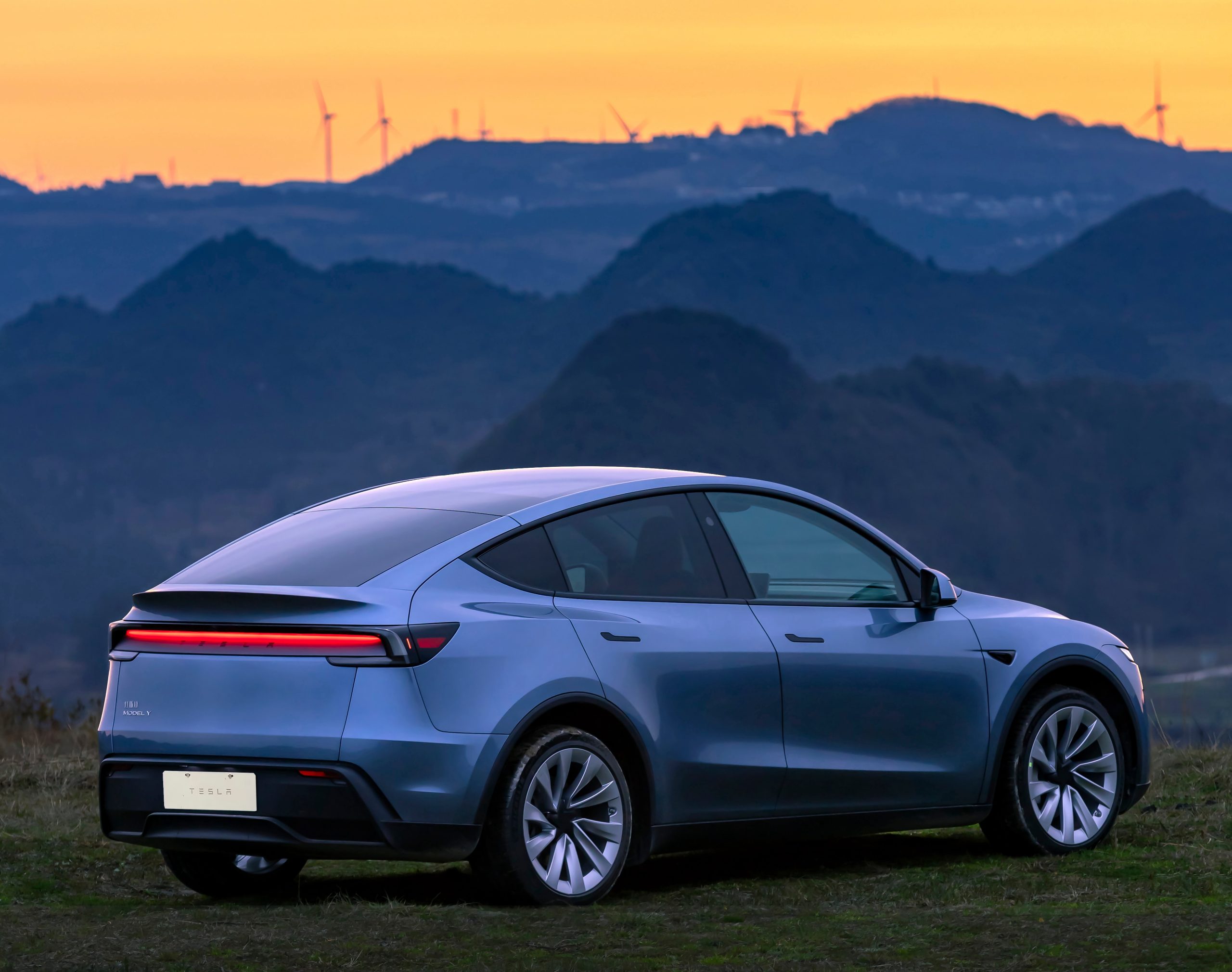
Tesla China exported 50,644 vehicles in January, as per data released by the China Passenger Car Association (CPCA).
This marks a notable increase both year-on-year and month-on-month for the American EV maker’s Giga Shanghai-built Model 3 and Model Y. The figure also places Tesla China second among new energy vehicle exporters for the month, behind BYD.
The CPCA’s national passenger car market analysis report indicated that total New Energy Vehicle exports reached 286,000 units in January, up 103.6% from a year earlier. Battery electric vehicles accounted for 65% of those exports.
Within that total, Tesla China shipped 50,644 vehicles overseas. By comparison, exports of Giga Shanghai-built Model 3 and Model Y units totaled 29,535 units in January last year and just 3,328 units in December.
This suggests that Tesla China’s January 2026 exports were roughly 1.7 times higher than the same month a year ago and more than 15 times higher than December’s level, as noted in a TechWeb report.
BYD still led the January 2026 export rankings with 96,859 new energy passenger vehicles shipped overseas, though it should be noted that the automaker operates at least nine major production facilities in China, far outnumering Tesla. Overall, BYD’s factories in China have a domestic production capacity for up to 5.82 million units annually as of 2024.
Tesla China followed in second place, ahead of Geely, Chery, Leapmotor, SAIC Motor, and SAIC-GM-Wuling, each of which exported significant volumes during the month. Overall, new energy vehicles accounted for nearly half of China’s total passenger vehicle exports in January, hinting at strong overseas demand for electric cars produced in the country.
China remains one of Tesla China’s most important markets. Despite mostly competing with just two vehicles, both of which are premium priced, Tesla China is still proving quite competitive in the domestic electric vehicle market.








